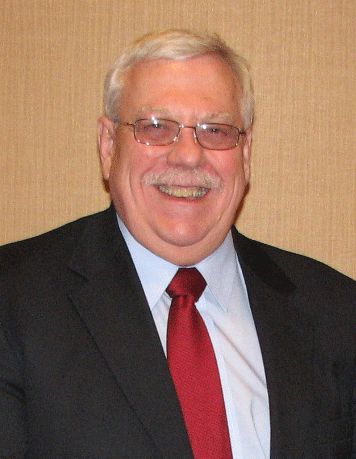 Why Advocacy is Important for Your Organization
Why Advocacy is Important for Your Organization
By Kirsten Christopherson and
Bill Strusinski
Changes affect your organization at the local, state and national levels. Policies can also affect your employees and their families, which can have deep and resounding impacts your organization. Unfortunately, many organizations wait until these changes go into effect to react to them. There is much that can be done to avoid that happening. Being proactive in an organized and strategic way, can be cost effective for your organization and can save many headaches.
Advocacy is important for your organization. There are several steps that can be taken to get organized and get results.
- Decide your organization’s legislative priorities for the year. Your organization will have an idea of priorities it would like to accomplish during each legislative session. Work with your lobbying team to set realistic goals to accomplish during each session. Try to set a timeline for the months not only during the session, but leading up to the session, designating what key people in the organization will need to do, in addition to what the lobbyists are doing for you.
- Join your local Chamber of Commerce. Local chambers are active voices in the community for their members. They want businesses and organizations to succeed. Your local chamber represents the interests of the businesses/organizations in your area. They, too, will be reviewing local, state, and federal policy and advocating for the best interests of your community.
- Attend fundraisers and support candidates running for office. This year, 201 members of the legislature are up for re-election. Work with your lobbying team to target individual lobbyists to support during the campaign cycle. There are a number of candidates running for office (many incumbent candidates and possibly some newcomers) who support your organization’s interests. There are numerous opportunities to get involved during the campaign cycle. Candidates hold fundraisers on many occasions. They also look for volunteers to make phone calls, knock on doors and walk in parades with them.
- Get to know legislators and share your legislative priorities with them. Once your organization has a good legislative agenda in place and a plan to carry it out, it can be wise to carry that message out by both volunteering and fundraising (mentioned above) and by visiting the Capitol in an organized way. Many organizations participate in what they call a Day on the Hill. This takes much planning and coordination, but can be very effective. Employees at all levels can be involved and can carry messages to their individual legislators during such days. Your lobbying team can help you prepare for a Day on the Hill by providing tips on advocacy for your employees.
Legislators enjoy hearing from people and organizations, especially those located in their districts. With the proper preparation, an organization can communicate very effectively with legislators and greatly increase the odds of accomplishing their goals.
If you have any questions or if you would like someone to come to your organization to present tips on advocacy, please contact the MEA office.